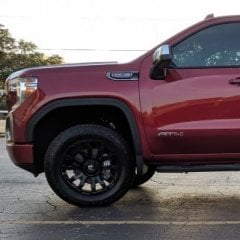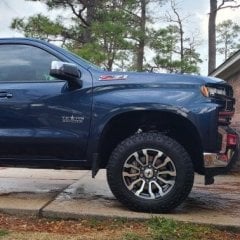-
Similar Content
-
- 6 replies
- 4,167 views
-
- 4 replies
- 3,823 views
-
- 2 answers
- 1,813 views
-
- 19 replies
- 3,078 views
-
- 4 replies
- 11,164 views
-
-
Recently Browsing 0 members
- No registered users viewing this page.
-
Forum Statistics
247.7k
Total Topics2.6m
Total Posts -
Member Statistics
-
Who's Online 1 Member, 0 Anonymous, 692 Guests (See full list)

















Recommended Posts
Join the conversation
You can post now and register later. If you have an account, sign in now to post with your account.